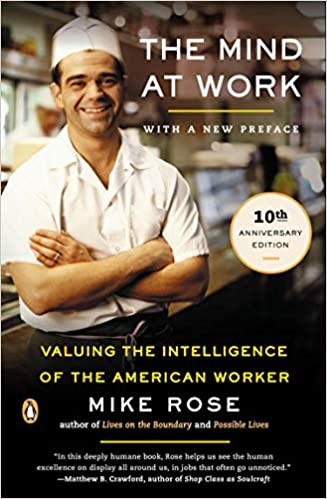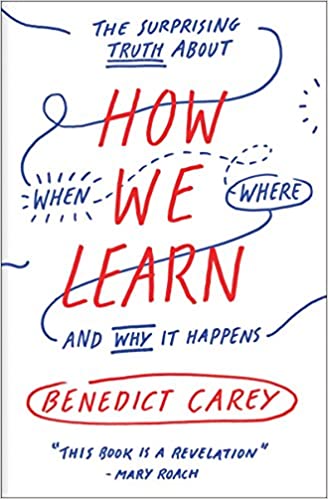LET’S READ TOGETHER!
You are invited to join South Carolina educators to talk about books related to teaching and education. Here is how it works:
-
Pick the book you would like to read
-
Click the link to register for the discussion
-
Watch a short background video about the book (posted 2 weeks prior to discussion)
-
Join in the Zoom discussion
-
Send us your action items based on the book and discussion
-
EARN 3 PARTICIPATION HOURS (We will send you a certificate)
It’s that easy, and the first 5 registrants will receive the book for free. Register today!
Zoom Discussion: Thursday July 9, 3pm to 4pm. Register Here https://zoom.us/webinar/register/WN_FGK0mQPqSAOE05gyDuuIeg
This book changed the way that I talked with students and parents about work typically labeled “unskilled.” It will make you see the connection between work and school in new ways.
From Amazon.com
“As did the national bestseller Nickel and Dimed, Mike Rose’s revelatory book demolishes the long-held notion that people who work with their hands make up a less intelligent class. He shows us waitresses making lightning-fast calculations, carpenters handling complex spatial mathematics, and hairdressers, plumbers, and electricians with their aesthetic and diagnostic acumen. Rose, an educator who is himself the son of a waitress, explores the intellectual repertory of everyday workers and the terrible social cost of undervaluing the work they do. Deftly combining research, interviews, and personal history, this is one of those rare books that has the capacity both to shape public policy and to illuminate general readers.”
—————————————————————————————————————————————————
Zoom Discussion: Wednesday August 12, 4pm to 5pm. Register Here https://zoom.us/webinar/register/WN_rZYmoPJBQ_SJ8OUTrMV8OQ.
From Amazon.com:
“From an early age, it is drilled into our heads: Restlessness, distraction, and ignorance are the enemies of success. We’re told that learning is all self-discipline, that we must confine ourselves to designated study areas, turn off the music, and maintain a strict ritual if we want to ace that test, memorize that presentation, or nail that piano recital.
But what if almost everything we were told about learning is wrong? And what if there was a way to achieve more with less effort?
The brain is not like a muscle, at least not in any straightforward sense. It is something else altogether, sensitive to mood, to timing, to circadian rhythms, as well as to location and environment. It doesn’t take orders well, to put it mildly. If the brain is a learning machine, then it is an eccentric one. In How We Learn, Benedict Carey shows us how to exploit its quirks to our advantage.”





